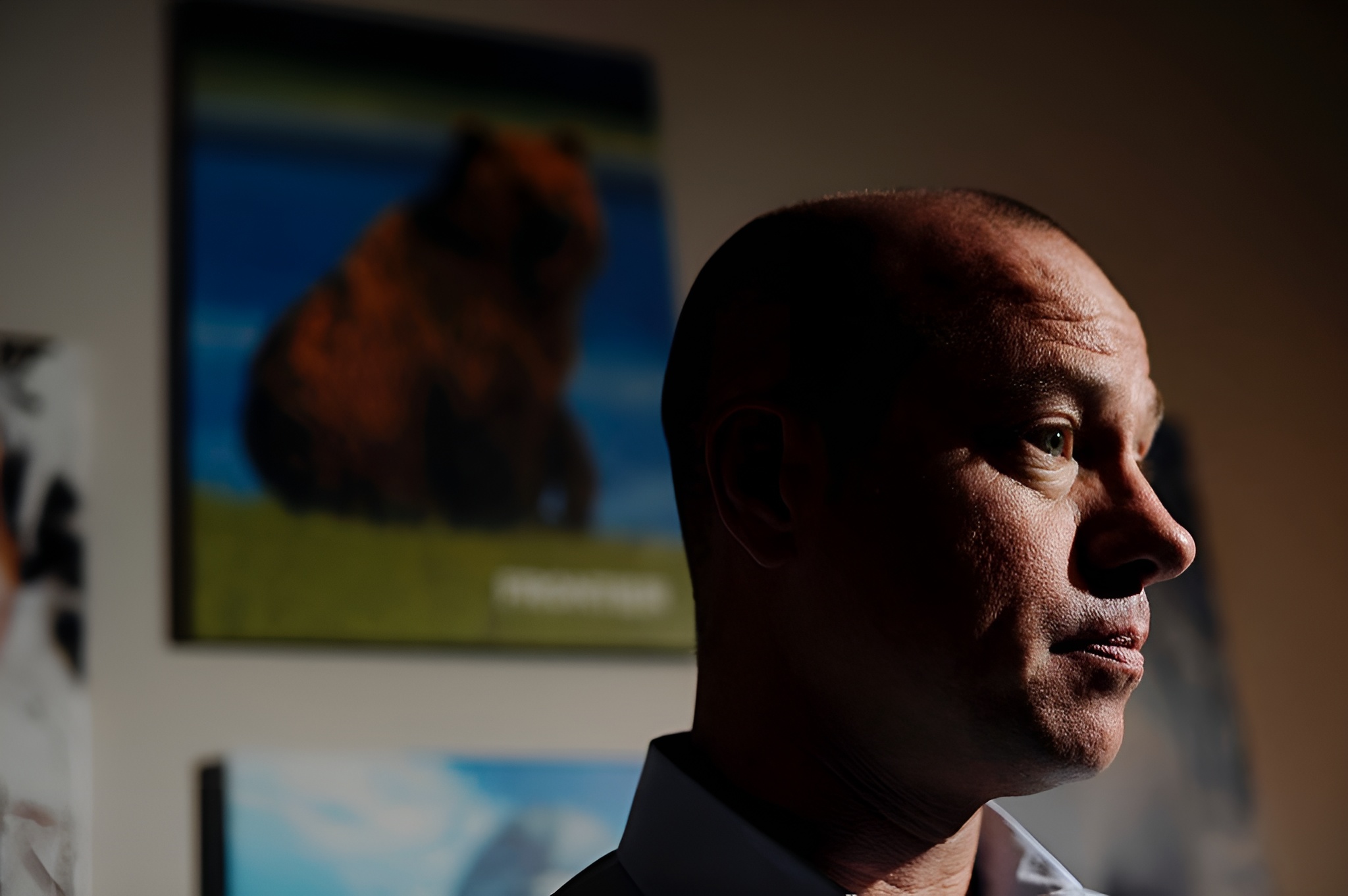Log-in here if you’re already a subscriber
When Bryan Bedford took the helm of a “broken” Republic Airways in the summer of 1999, its owners told him he could “do whatever [he] want[ed]” to right the regional airline, he recalled to a group of Liberty University students in October 2019. Ultimately, Bedford, a devout Catholic, said he decided to “make Jesus the CEO,” maintaining that the company’s success thereafter was solely because he had brought religion into the workplace. Whether through divine intervention or otherwise, in the decades following, Republic — which today announced it is merging with Mesa Airlines — has remained afloat even in the midst of challenges spurred by the attacks of Sept. 11, 2001, a recession, a bankruptcy and a cataclysmic pandemic.
On March 17, President Donald Trump made official his previously reported intention to task Bedford with taking the helm of another struggling facet of the United States’ aviation system: the Federal Aviation Administration. Although the charge to fix the FAA and the ailing U.S. national airspace system (NAS) may seem similar to Bedford’s mandate to rescue Republic at the turn of the century, running the country’s aviation regulator will be very different from running an airline.
That difference lies in the colossal scope of challenges Bedford, 63, will face if confirmed by the Senate in the coming weeks. Rather than contending with the effects of an air traffic controller shortage and aging equipment as a user of the NAS, Bedford will be its chief advocate. He will be responsible for spearheading efforts to create a “brand new” ATC system in “three to four years,” an aggressive plan teased, but not yet released, by transportation secretary Sean Duffy. Against the backdrop of the worst U.S. commercial air safety disaster since 2009, Bedford will also be in part responsible for restoring confidence in the safety of the nation’s aviation system and closing a chapter on Boeing’s ongoing quality and safety lapses.
Related: ALPA lays groundwork for potential challenge to Bedford FAA nomination
As with nearly every leadership change at the FAA, of which there have been many, the nominee’s past positions on polarizing aviation policies have already brought about concerns from industry. Most notable has been from the country’s largest airline pilots’ union, concerning Bedford’s historical opposition to training requirements in the so-called “1,500-hour rule.” The reservations expressed by the Air Line Pilots Association (ALPA) could be significant for his nomination — Bedford in 2019 told the same Liberty audience “I don’t think there’s a more powerful lobby than the pilot union.”
Bedford is a pilot himself, although not a commercial pilot, as he has sometimes claimed to be. As Republic’s CEO, however, his sympathies are clearly aligned with management, and he has in the past expressed disdain for the political leaders with whom he will now have to work hand in hand to fix the FAA and the NAS. It’s a view that aligns with the outsider status of other Trump nominees.
“If you have the unfortunate displeasure as I do to spend any time in D.C., there is no courage of leadership on the Hill right now. Everything they do is through a lens of ‘could it hurt me [politically], could it make me look bad,’” he said in the 2019 address, in response to a question about the potential for automation and artificial intelligence to replace human pilots.
Subscribe to continue reading...Subscribe to Continue Reading
Our award-winning aerospace reporting combines the highest standards of journalism with the level of technical detail and rigor expected by a sophisticated industry audience.
- Exclusive reporting and analysis on the strategy and technology of flying
- Full access to our archive of industry intelligence
- We respect your time; everything we publish earns your attention


